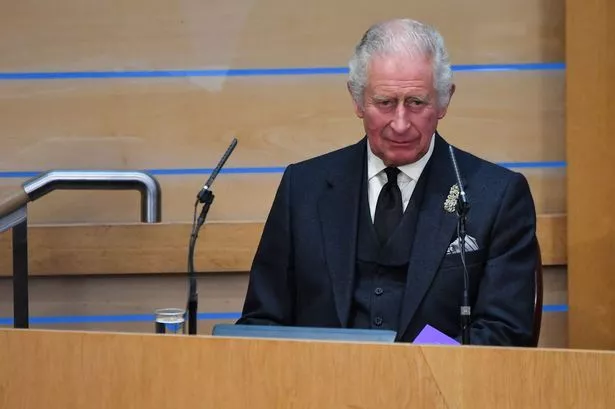Judge Charles Burns Throws Light on the Consequences of Drug Overdose

Drug overdose is not a problem that is limited to the individual who is experiencing it, agrees Judge Charles Burns. Its consequences have a ripple effect and extend far beyond the individual. The families as well as communities are directly or indirectly impacted by this unfortunate state of things.
The rise in substance abuse over the years can be attributed to the ease of availability and access across the globe. The big money associated with the laundering of drugs makes it a very alluring profession for a huge chunk of the anti-social individuals. The most paradoxical thing about this is that in all likelihood, the people who are spreading the use of drugs, do not consume it themselves.
It is absolutely heart rendering to know the consequences of such life experiences. However, to be able to combat an unsolicited scenario such as drug overdose, it is vey important to delve into a deep learning of its effects. Only by knowing how gravely this activity can influence daily lives, can the fear of indulgence in it be created. Judge Charles Burns has for eight years presided over Cook County’s Rehabilitative Alternative Probation (RAP) and Women’s Rehabilitative Alternative Probation (WRAP) programs. During this time he has seen the unhealthy surge in participation in the programs.
It is thus that spreading awareness of what could be the ugly truth of drug overdose needs to become rampant. Some are mentioned below.
Loss of Life: The worst effect of this unhealthy practice culminates into the end of existence. People die painful and sad deaths which are premature in most cases. Each overdose death represents not only a life cut short but also the grief and trauma experienced by loved ones left behind.
Economic Burden: Drug overdose places a significant economic burden on healthcare systems, law enforcement, and social services. The cost associated with the procurement of the drug is only a part of the expenses. The other ensuing substantial expenses include emergency medical care, treatment, and rehabilitation.
Stigmatization: There are stigmas surrounding drug addiction. This invariably leads to the alienation of the individuals from their immediate social cycles. This includes their families as well. And the harmful thing about this is the afflicted deters from seeking any help. This stigma perpetuates the cycle of addiction and overdose.
Broken Families: Addiction and overdose are two widespread menaces that lead to families being torn apart. Children may lose their parents, and parents may lose their children, leading to emotional and psychological trauma.
Impact on Community: Communities as a whole suffer because of such cases of overdose. Judge Charles Burns who has handled several such cases noticed that those communities are characterized by increased crime, decreased property values, and a sense of hopelessness.
The drug overdose epidemic is a pressing public health crisis that demands close attention and action. It is a problem that transcends borders and affects people from all walks of life. It can be combatted with a joint effort of not just the afflicted but also those related to them. This silent social evil can be fought against by implementing comprehensive strategies for prevention and treatment after knowing its consequences. It’s not only a matter of saving lives but also of fostering compassion, understanding, and support for those struggling with addiction.
Visit – https://uscalifornia.com/



